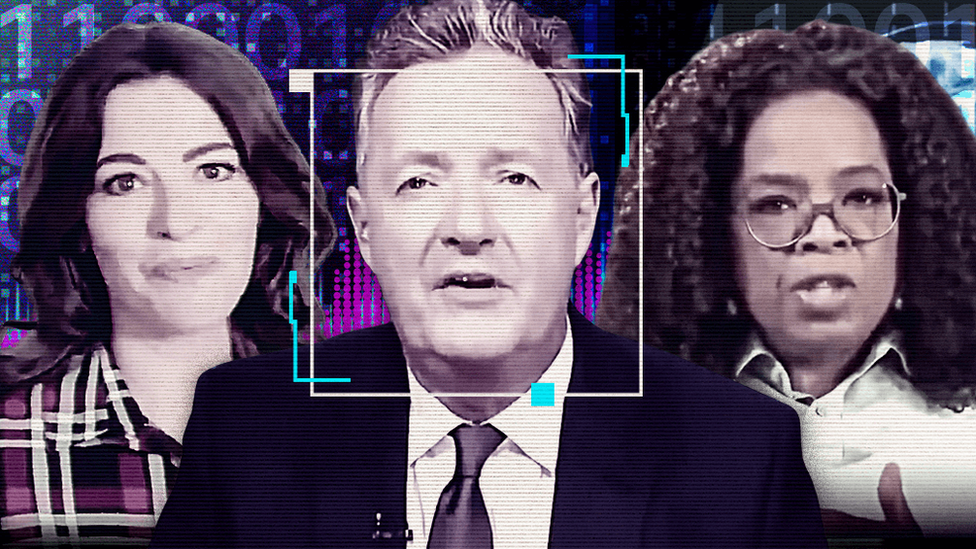Uncategorized
Deep Fake Dilemma: Digital Doppelgangers and the Illusion of Fame
In the digital age, the line between reality and fabrication blurs with the emergence of sophisticated technologies like artificial intelligence (AI). A recent controversy involving AI deepfake technology has caught public attention, highlighting the ethical boundaries being tested in digital marketing and the potential dangers of misinformation.
Wesley Virgin, known as a motivational coach with a significant online following, found himself at the center of this controversy. His self-help course, dubbed the “Genie Script,” was marketed through online adverts employing AI deepfake technology to mimic endorsements from high-profile celebrities such as Piers Morgan, Nigella Lawson, and Oprah Winfrey. These deepfakes created the illusion that these celebrities endorsed Virgin’s course, lending it a level of credibility and appeal that it might not have otherwise had.
The “Genie Script” is advertised as a life-changing program based on a “missing” scripture from the Hebrew Bible, promising wealth, health, and happiness to its adherents. This blend of pseudo-science and conspiracy theories, marketed with the unauthorized use of celebrity likenesses, underscores a growing trend of digital deceit.
The use of deepfake technology in these adverts raises significant ethical concerns. It not only infringes on the rights and reputations of the celebrities involved but also misleads the public. Consumers, lured by the prospect of celebrity endorsement, may be more inclined to purchase products that have not been genuinely recommended by these public figures, potentially wasting money on something that doesn’t deliver on its promises.
The backlash was swift and unanimous among the misrepresented celebrities, with spokespeople for Lawson, Morgan, and Winfrey denouncing the adverts as fraudulent. These incidents shed light on the broader implications of AI’s role in disseminating misinformation and the challenges in regulating and combating such practices.
The platforms on which these adverts were shared, including YouTube and Meta’s Facebook and Instagram, have policies against deceptive practices, including deepfakes. However, the rapid advancement of deepfake technology poses a continual challenge to these platforms in identifying and removing such content effectively.
Wesley Virgin’s response, attributing the creation of these adverts to affiliates and distancing himself from their production, does little to address the ethical violations at play. It also highlights a loophole in digital marketing, where creators can benefit from misleading content produced in their name without direct accountability.
This incident serves as a stark reminder of the ethical responsibilities of content creators and the platforms that distribute their content. It also underscores the need for consumers to remain vigilant and critical of the information they encounter online. As AI technology continues to evolve, so too must our strategies for safeguarding the truth and integrity of digital content.













